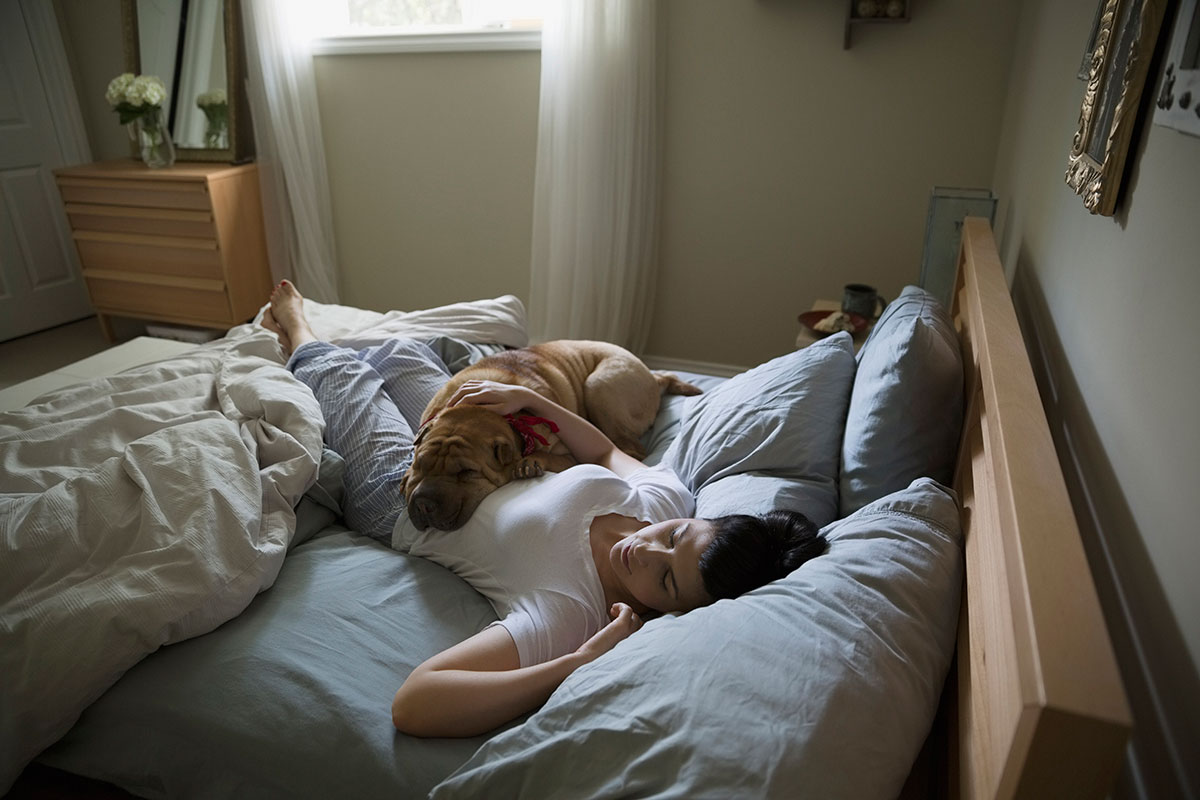The Importance of Sleep
Jul 18, 2024

The Importance of Sleep
Are you getting enough sleep every night?
Chances are the answer is no. Many of us don't get the sleep that we need, and that is a problem. Sleep is essential to our health, and a lack of sleep can hurt us.
The average adult should sleep seven to eight hours per night. Not getting enough sleep has been linked to diabetes, heart disease, obesity and depression. Research suggests improving the amount and quality of our sleep can help decrease our risk for these and other serious health problems.
Two common sleep disorders
Two sleep disorders — insomnia and obstructive sleep apnea (OSA) — keep many people from getting enough sleep.
Insomniais defined as having trouble falling asleep or staying asleep or waking up too early in the morning. It can cause problems such as:
- Fatigue or daytime sleepiness.
- Concentration or memory problems.
- Poor work or school performance.
- Moodiness, irritability or aggression.
- Impaired decision-making.
Treatments for insomnia vary, depending on the cause, but can include:
- Changing habits to improve your sleep. That might mean things like avoiding caffeine near bedtime or making sure your bedroom is quiet and dark.
- Strategies to relax, reduce stress and establish a sleep schedule.
- Medications that can help you sleep.
If you've ever been told your snoring sounds like a freight train or you make choking or gasping sounds while you sleep, you may haveOSA.
Both are common symptoms of this sleep disorder. OSA causes your airway to become repeatedly blocked during sleep and your breathing to stop. As a result, your brain and body don't get the oxygen they need. You may wake up several or more times a night — often without realizing it.
“OSA can trigger things like morning headaches, or it can make you feel tired during the day,” says Stephanie Dewes, PA-C, sleep medicine provider. “But even worse, if not treated, OSA puts you at risk for developing high blood pressure, heart disease, stroke, diabetes and depression.”
Treatment for OSA includes:
- Devices to maintain an open airway and that allow you to breathe, such as a continuous positive airway pressure machine, commonly called a CPAP.
- Weight management. Many people with OSA are overweight.
Tips anyone can use for a better night's rest
Even if you don't have an actual sleep disorder, you can still benefit from healthy sleep habits. Dr. Chloe Manchester, a sleep medicine specialist, has four principles to sleep by:
- Reduce your time in bed. Reserve your bed for sleep only — no reading or computer work.
- Get up at the same time every day of the week. Consistency is key.
- Don’t go to bed unless you’re sleepy. If it’s “bedtime” but you don’t feel tired enough to sleep, don’t force it.
- Don’t stay in bed unless you are asleep. After 20 minutes or so, move out of your bed to another dark, quiet place.
You’ll also want to establish a relaxing bedtime routine and make your bedroom dark, quiet and cool. Turn off any electronic devices at least 30 minutes before heading to bed. And remember — exercising regularly and eating a healthy diet can help with sleep as well!
If you want to dive deeper into this topic (or into your pillow!)download our getting to sleep guide.
You may also want to talk to your primary care provider if you continue to have trouble sleeping. They may recommend a sleep study or an appointment withone of our sleep medicine providers.
Sources: American Academy of Sleep Medicine; Centers for Disease Control and Prevention


